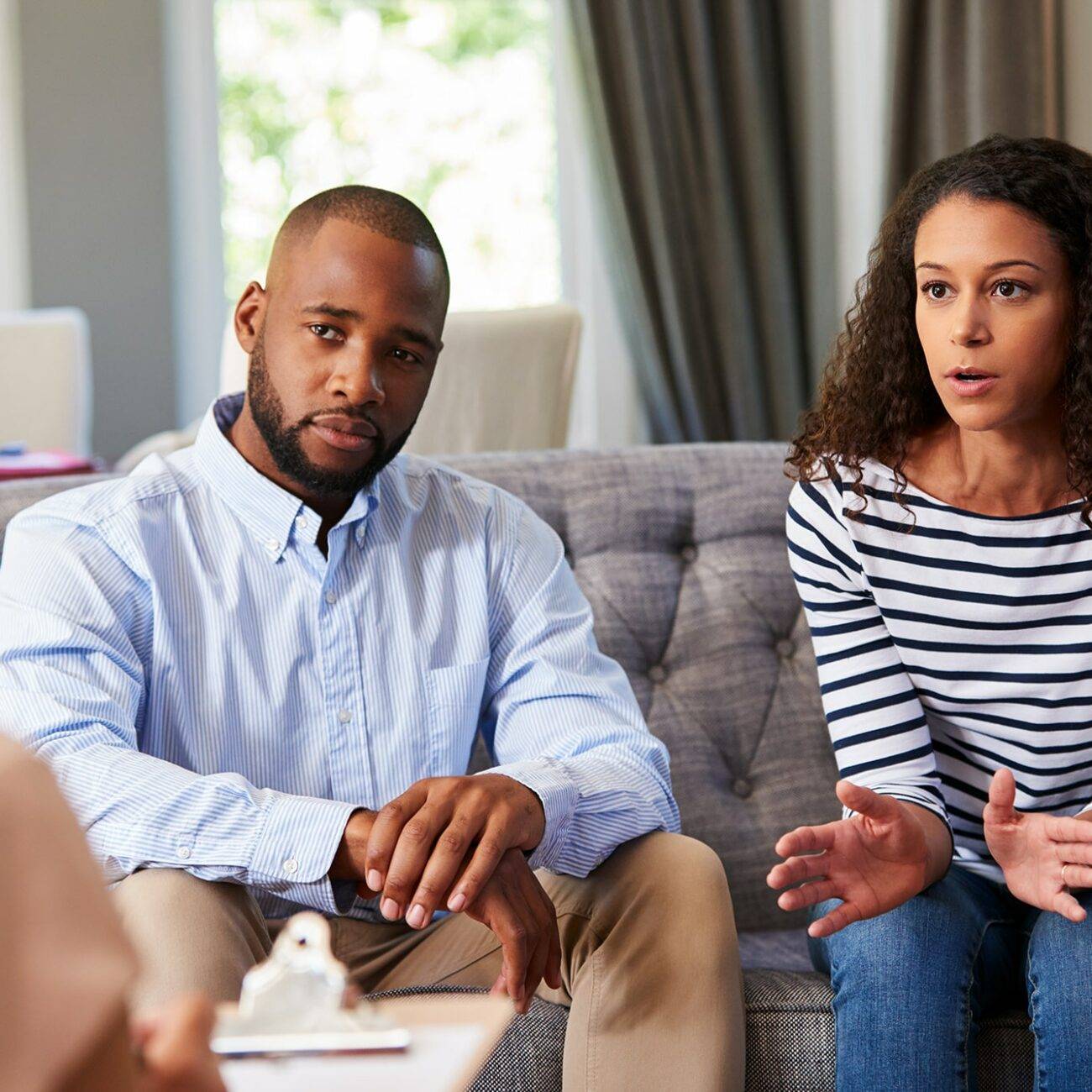Communication is the foundation of any strong relationship. It’s not just about talking—it’s about understanding, listening, and genuinely connecting with your partner. Misunderstandings, resentment, and distance can grow without effective communication, while open and honest dialogue fosters trust, intimacy, and a healthy partnership. Focusing on how you communicate is a great place to start if you want to improve your relationship. Here are five effective communication strategies every couple should try to build a stronger, more connected relationship.
Practice Active Listening
Active listening goes beyond simply hearing your partner’s words; it involves fully engaging in the conversation. This means giving your full attention, maintaining eye contact, and showing empathy. When your partner speaks, avoid interrupting or planning your response. Instead, focus on understanding their perspective. Reflect on what you’ve heard to ensure clarity, saying things like, “What I’m hearing is that you feel… Is that right?” This approach helps your partner feel valued and understood, significantly improving the quality of your conversations and strengthening your emotional bond.
Use “I” Statements Instead of “You” Statements
One common communication pitfall is using “you” statements, which can be accusatory or blaming, such as “You never listen to me!” Instead, use “I” statements focusing on your feelings and experiences. For example, say, “I feel unheard when I try to share my thoughts.” This simple shift changes the tone of the conversation from confrontational to collaborative. It allows you to express your feelings without putting your partner on the defensive, creating a more open and honest dialogue. This technique paves the way for resolution and understanding.
Schedule Regular Check-Ins
In daily life, meaningful communication can easily take a backseat. Scheduling regular check-ins with your partner can help maintain your connection. These can be short, dedicated times each week to discuss how you’re feeling, what’s been on your mind, and any concerns you may have. Think of it as a relationship “maintenance” session where both partners have a safe space to express themselves. Regular check-ins can prevent minor issues from becoming major problems, foster intimacy, and ensure that both partners stay emotionally connected.
Focus on the Issue, Not the Person
Focusing on the specific issue is crucial when disagreements arise rather than attacking the person. Instead of saying, “You’re so careless,” try, “I feel frustrated when the dishes are left unwashed because it makes the kitchen feel chaotic.” This approach separates the behaviour from the individual, reducing defensiveness and making it easier to address the problem constructively. It encourages both partners to work together to find a solution rather than getting stuck in a cycle of blame and hurt feelings. Focusing on the issue creates a more favourable environment for resolving conflicts.
Express Appreciation and Gratitude
Regularly expressing appreciation and gratitude can significantly enhance communication in a relationship. Getting caught up in what’s not working is easy, and you must remember to acknowledge what is. Taking time to thank your partner for small things, like making dinner or offering support after a long day, fosters a sense of connection and positivity. Positive reinforcement can motivate both partners to continue making efforts in the relationship. Simple statements like, “I appreciate how you handled that situation” or “Thank you for always being there for me” can go a long way in reinforcing positive communication patterns.
Conclusion
Improving relationship communication takes both partners’ time, effort, and commitment. By practising active listening, using “I” statements, scheduling regular check-ins, focusing on issues rather than personal attacks, and expressing appreciation, couples can build a strong foundation for better understanding and connection. These strategies are not only effective in resolving conflicts but also in deepening intimacy and trust. Peak Potential Counselling specializes in couples counselling to help partners learn and implement these communication skills to foster healthier, more fulfilling relationships. If you’re in Vancouver and looking for professional guidance, we are here to support you on this journey.




